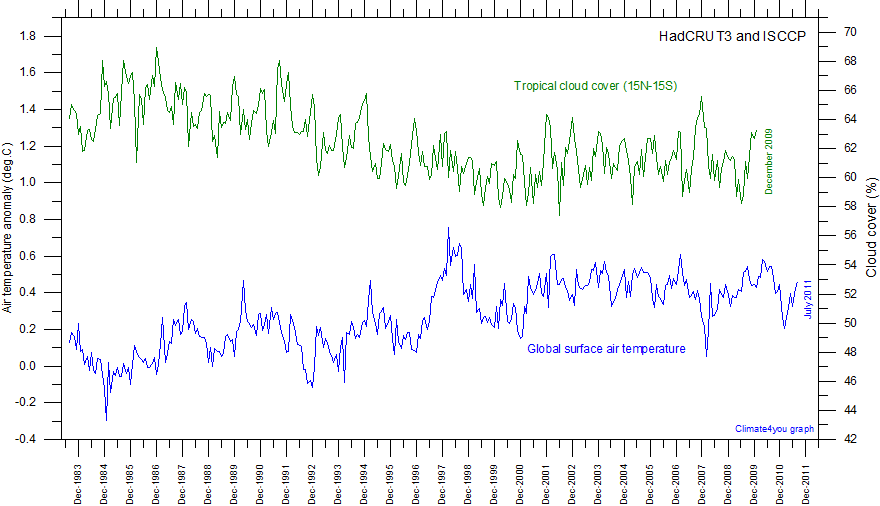Paraphrasing Richard Feynman: Regardless of how many experts believe it or how many organizations concur, if it doesn’t agree with observation, it’s wrong.
The Intergovernmental Panel on Climate Change (IPCC), some politicians and many others mislead the gullible public by stubbornly continuing to proclaim that increased atmospheric carbon dioxide is a primary cause of global warming.
Measurements demonstrate that they are wrong.
CO2 increase from 1800 to 2001 was 89.5 ppmv (parts per million by volume). The atmospheric carbon dioxide level has now (through December, 2014) increased since 2001 by 28.47 ppmv (an amount equal to 31.8% of the increase that took place from 1800 to 2001) (1800, 281.6 ppmv; 2001, 371.13 ppmv; December, 2014, 399.60 ppmv).
The average global temperature trend since 2001 is flat (average of the 5 reporting agencies http://endofgw.blogspot.com/). Graphs through 2014 have been added. Current measurements are within the range of random uncertainty with respect to the trend.
That is the observation. No amount of spin can rationalize that the temperature increase to 2001 was caused by a CO2 increase of 89.5 ppmv but that 28.47 ppmv additional CO2 increase had no effect on the average global temperature trend after 2001.
Before you think cherry picking, examine http://agwunveiled.blogspot.com/ . It considers all measurements since before 1900 and corroborates that CO2 change has no significant influence on climate.
This link also shows that there are only two primary drivers of average global temperature change. They very accurately explain the measured and reported up and down temperature trends since before 1900 with R2>0.9 (correlation coefficient = 0.95) and provide credible estimates back to the low temperatures of the Little Ice Age (1610). It also provides science that explains why CO2 change has no significant effect on climate. The two drivers are also identified in a peer reviewed paper published in Energy and Environment, vol. 25, No. 8, 1455-1471












